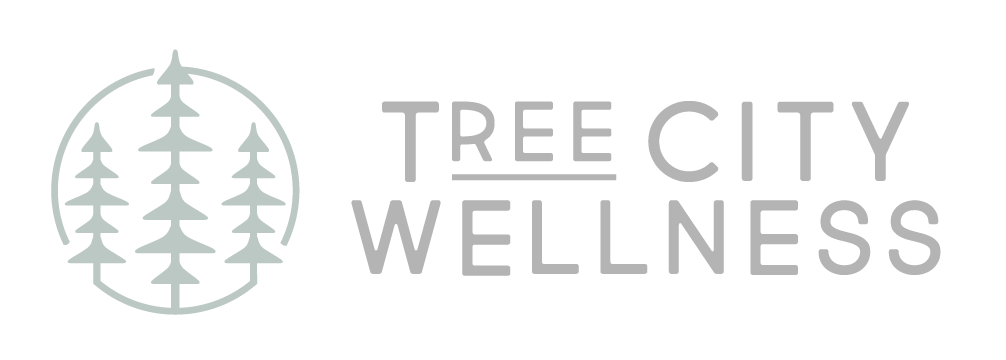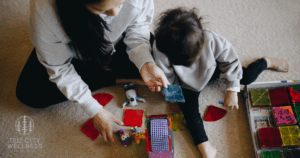As social beings, relationships are the cornerstone of human life. Open any popular magazine and you’re bound to find an article related to finding “the one.” Dating apps such as Tinder have a reported 50 million users worldwide. We watch movies about relationships, we listen to songs about relationships, we read books about relationships… but with all of this information on love inundating our world, are any of these sources really teaching us how to have a healthy relationship? Or are we just perpetuating unhealthy relationship cycles?
I’ll admit, I am a recovering toxic relationship-aholic. My early 20’s were filled with people who I knew weren’t right for me, yet I tried to make the relationships work anyway. Though I often blamed things on the other person, in reality by not fully understanding my own skewed views on relationships I was just as guilty at contributing to the dysfunction. The more I processed these events in my own therapy and grew in self-confidence, the more I noticed unhealthy relationship patterns and could stop engaging in them. Through my personal work and the work I’ve done with my clients, I’ve narrowed down 5 major contributors to dating dysfunction:
1. You need to feel needed in order to feel secure in the relationship. Codependency, anyone? Though needing someone and feeling needed in a relationship are forms of emotional intimacy, it should not be the thing that your relationship is solely based on. Relationships are a balance of autonomy and togetherness and the pendulum should never be too far on either side.
2. You can’t identify your personal values. What gets you up in the morning? What do you stand for and believe in? What are your hopes and dreams for your career, your family, or your health? Do you have interests outside of being with your partner? Having a strong sense of self is an important factor in a healthy relationship and a big part of knowing yourself is living in line with your personal value system. If you’ve given up your whole self for someone else or if your relationship isn’t falling in line with what your values are, you may want to rethink things.
3. You constantly feel like you’re walking on eggshells around your partner. You come home and there’s a giant silent elephant in the room. You can’t share your feelings without a huge blowout argument. You often feel like you’re the one in the wrong so you must be overreacting, or crazy, or both. You try to talk about things but are quickly shut down. You never feel validated. Yeah, this isn’t a good situation.
4. Your friend group keeps getting smaller and smaller. Are your friends tired of hearing you complain about your partner so much that they just kind of stopped calling you? Or does your partner disapprove of the friends you hang out with so you just kind of stopped calling them? Is your life consumed with your relationship or do you still have at least a few people in your world that you can grab a coffee or a cocktail with? It’s unrealistic to expect one person to meet all of our needs (despite what the movies tell us) so having a strong support system in addition to your relationship is super important.
5. You feel resentful. A lot. Do you find yourself getting annoyed easily or losing your temper more than you’d like to admit? Do you feel like you are doing everything and your partner is doing nothing? Resentment builds when we take on too much and don’t ask for help – or – if we ask for help but don’t receive it. If this is you, your first job is to talk about it with your partner. People aren’t mind readers. The second is to see what part of this feeling you can let go of. If neither of those options work then, well, maybe it’s time to move on?
We learn about relationships through all sorts of avenues. The media, our friends, our coworkers.. but the biggest influencer is how relationships were treated in our family when we were growing up. Were your parents and siblings close or distant? Did you feel heard and loved? Were you allowed to explore your own interests and feel supported in the individual you became? Did your parents agree with your sexual orientation? All of these factors and more make up our perception of what “love” is and how we should treat others and be treated in a relationship. The more we can understand how we developed our relationship beliefs, the better we can work toward implementing healthy habits to our current and/or future relationships.
**The other, big unhealthy relationship sign is if you are being physically, sexually, or emotionally abused by your partner. If that is the case, please seek help immediately through a trusted person or through the domestic violence hotline.





